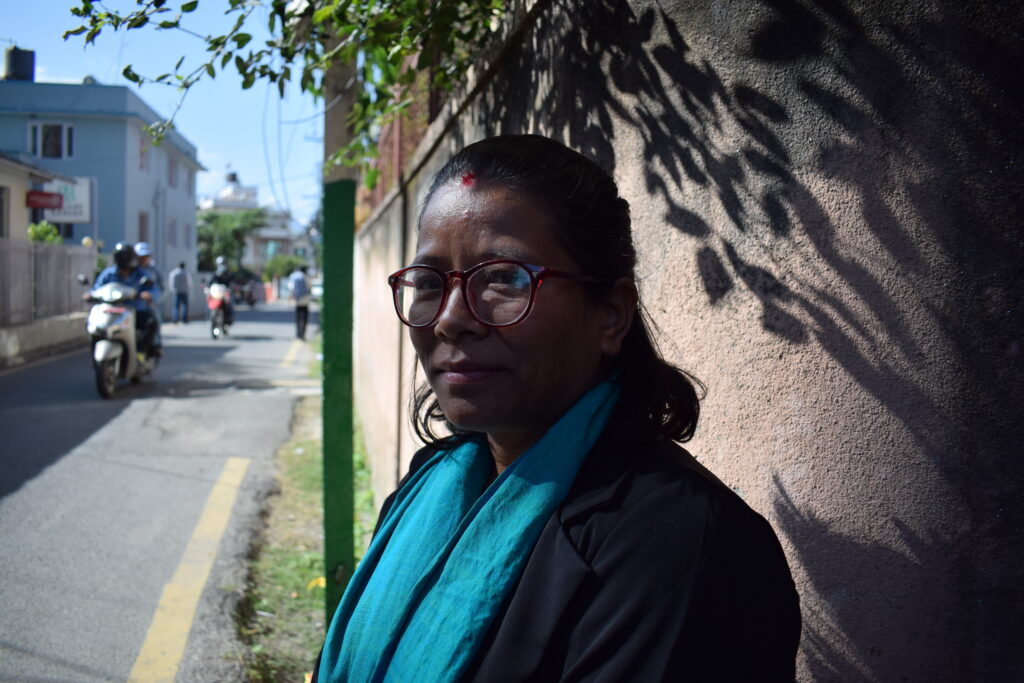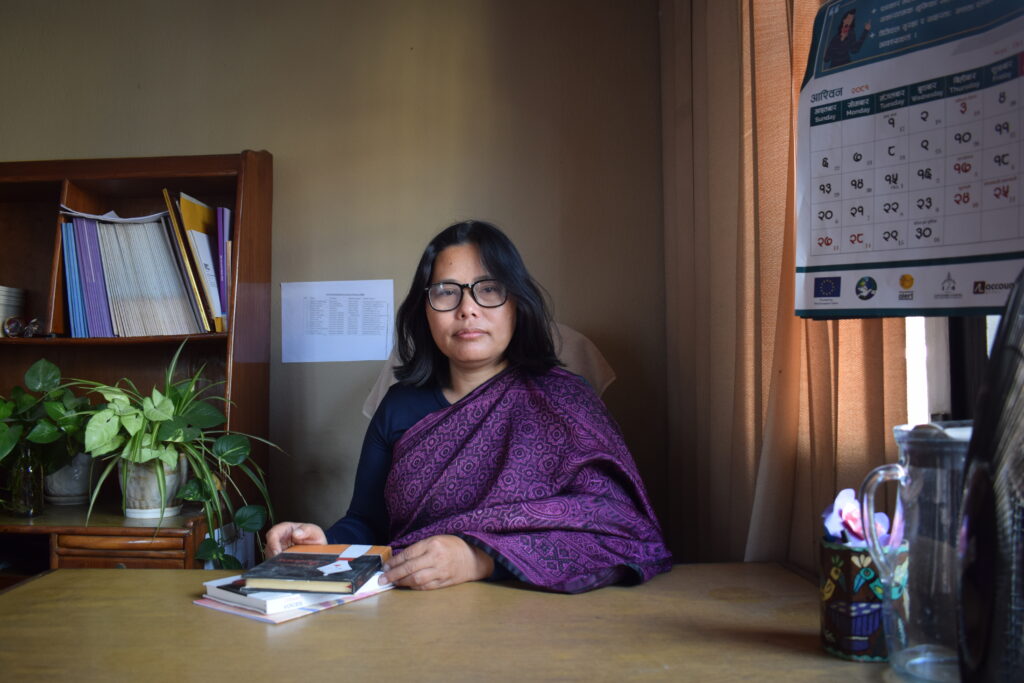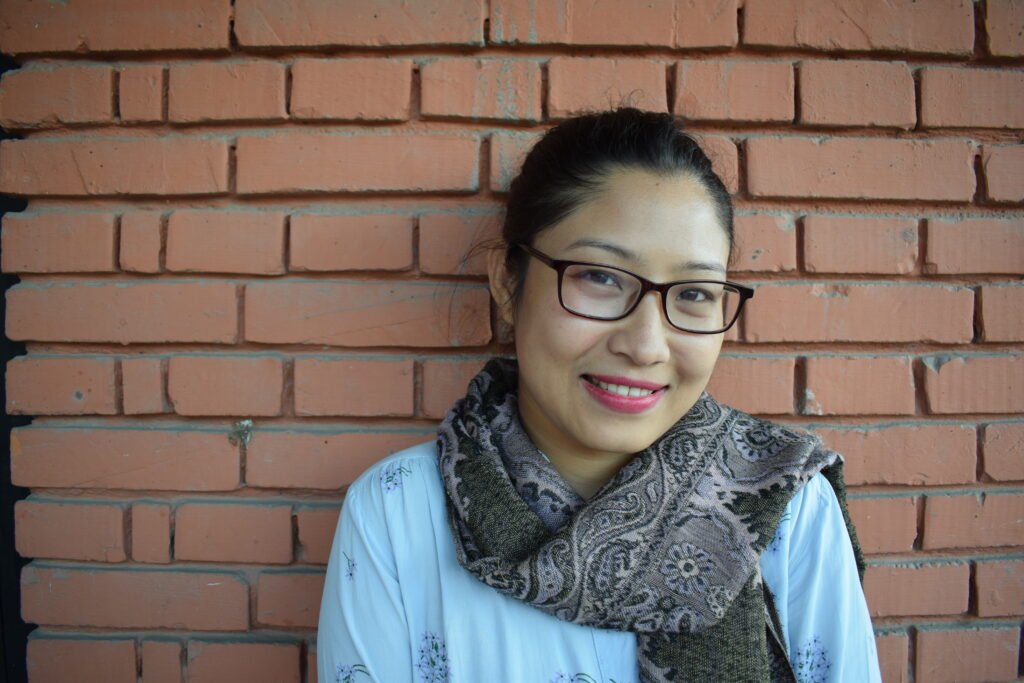How is patriarchal thinking reflected in the daily life of the newsroom? Vikes and an international team of women journalists produced a video in which journalists in Nepal and Kenya reflect on how male power is reflected in media mentality.
“Patriarchal thinking in Nepal means that men make all the decisions, have the resources, education and opportunities, and would prefer to hold on to them,” says Kunda Dixit, a well-known Nepali journalist and editor of Nepali Times.
According to Dixit, men feel insecure if women are vocal about their rights. It also scares them if women are more qualified than men.
Dixit speaks in a video produced by a group of Kenyan and Nepali journalists together with Vikes.
Nepalese journalist Bidhya Rai (main photo) opens up about the background to the fear.
“If women journalists get opportunities, they get skills and power, and they get promoted to leadership positions. Men are scared because they are taught that if women journalists get power, men will become meaningless.”
Culture is everywhere
Eunice Maura, editor of the pan-African youth media Vice Versa Global, says that the idea of men in power is not just in men’s heads.
“We are all exposed to it – in our upbringing, experiences and environment.”
Kunda Dixit agrees.
“Editors and media houses reflect the prevailing culture in society, and in a patriarchal culture like Nepal, it is natural that this is reflected in the newsrooms.”
This is underlined by the fact that the owners of media houses tend to be men with a lot of power and the editors-in-chief are also men with a lot of power.
“They bring their culture from home to the workplace. This is reflected in sexist language, misogyny, the ordering around of female colleagues and the general perception of women as a threat,” says Dixit. “Women are not taken seriously, their suggestions are not taken into account.”
It shows in everything
Nasana Bajracharya , a journalist with the Nepali news portal Onlinekhabar, says patriarchy is visible at every level.
“From getting a job in whichever beat you and in whichever department, what kind of topics and angles you’re asked for, all the way up to the pay gap.”
New generations come to work and adopt the prevailing attitudes, and so oppressive structures are passed on.
“Women in general avoid conflict, so many keep quiet and don’t challenge this,” says Kunda Dixit.
Vikes supports media equality in Nepal and Tanzania as part of its development programme. Read more about the role of women in the media.
Video working group: Shreejana Shrestha (Nepal), Bidhya Rai (Nepal), Eunice Wanjiku Mwaura (Kenya) and Hellen Shikanda (Kenya).
Video: Sauti TV



